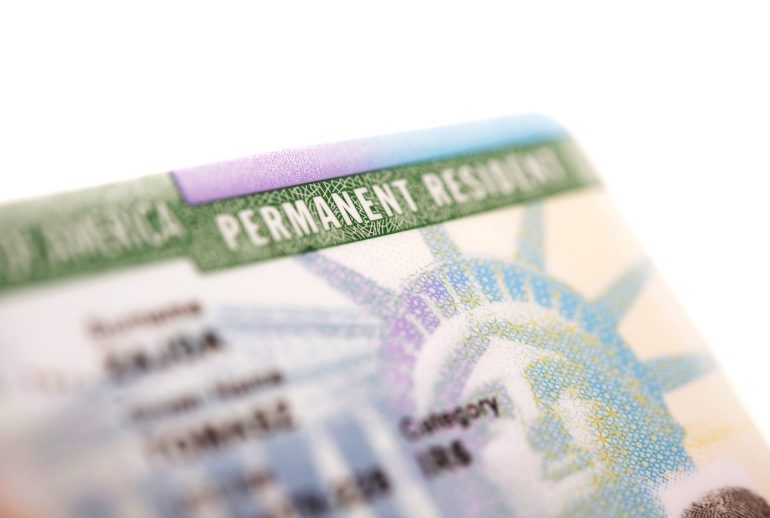For many Deferred Action for Childhood Arrivals (DACA) recipients, also known as Dreamers, the ultimate goal is to secure permanent residency in the United States. While DACA provides temporary relief from deportation and work authorization, it does not directly grant a pathway to a green card. However, there are several legal routes DACA recipients can explore to achieve permanent residency.
Family-Based Sponsorship
One of the most common ways for DACA recipients to obtain permanent residency is through family sponsorship.
- Marriage to a U.S. Citizen: If a DACA recipient marries a U.S. citizen, they may qualify for a green card through spousal sponsorship.
- If the recipient entered the U.S. legally and overstayed, they can typically adjust status without leaving the country.
- If they entered unlawfully, they may need to apply for an advance parole or a waiver to adjust their status.
- Immediate Family Members: DACA recipients who have a U.S. citizen parent or adult child may also be eligible for family-based sponsorship.
Employment-Based Visas
Some DACA recipients might qualify for a green card through an employment-based visa:
- EB-2 or EB-3 Visas: If the recipient holds advanced degrees or has specialized skills, their employer can sponsor them for permanent residency.
- Labor Certification Requirement: Most employment-based green cards require proof that hiring the DACA recipient won’t negatively impact U.S. workers.
Special Programs and Humanitarian Pathways
There are also unique pathways tailored for certain circumstances:
- Asylum or Refugee Status: If the DACA recipient faces persecution in their home country, they may apply for asylum, which can lead to permanent residency.
- U Visa or T Visa: DACA recipients who are victims of crime or trafficking may be eligible for these visas, which can eventually lead to green cards.
The Importance of Legal Assistance
Navigating the complex immigration system can be challenging for Dreamers. Working with an immigration lawyer near you can help ensure all paperwork is submitted correctly and that the best pathway to permanent residency is identified.
If you’re a DACA recipient hoping to secure a green card, contact our office for personalized legal guidance today!


